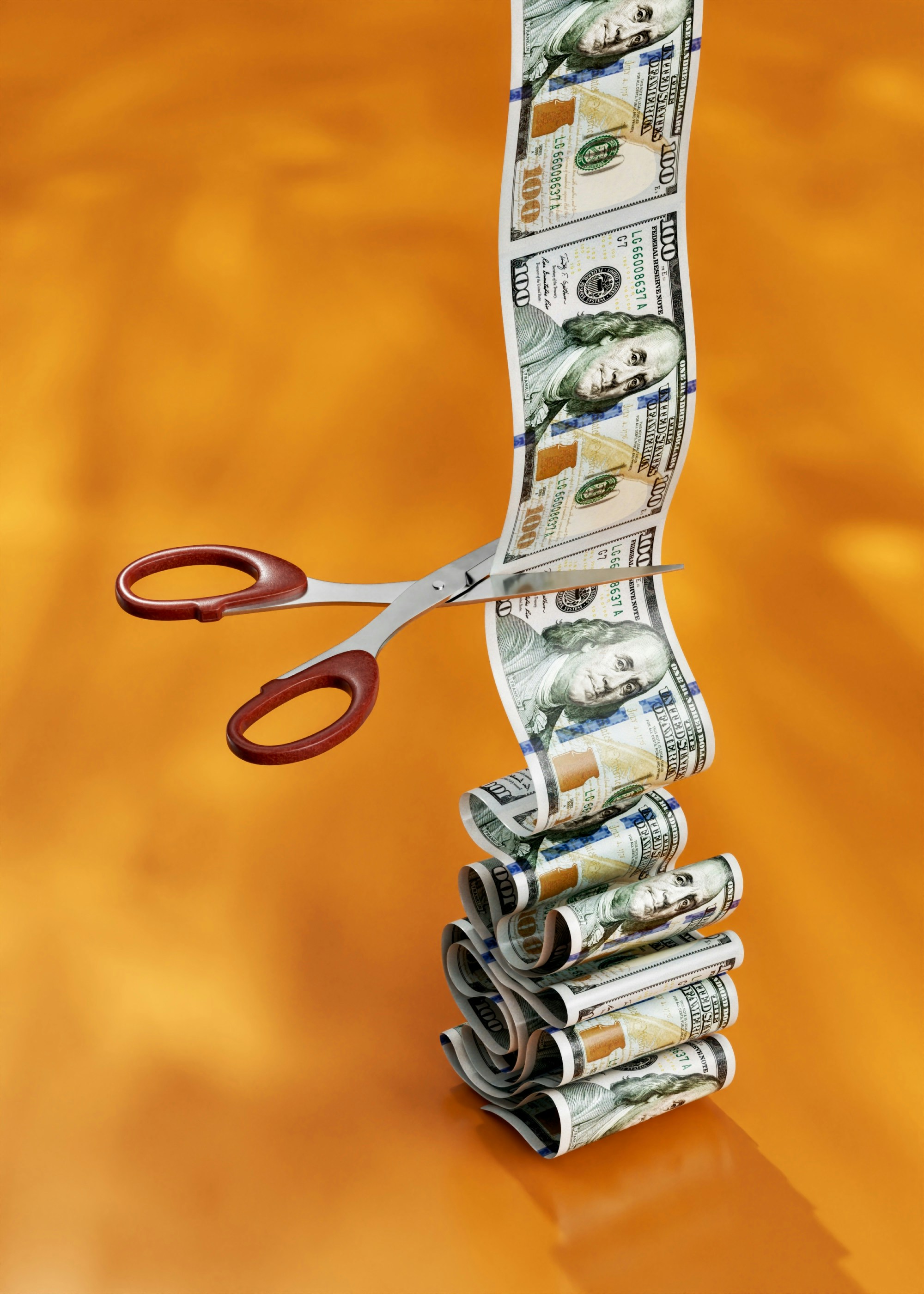Market Shake-Up: Dollar Slips As Polls Show Stronger Support For Kamala Harris

As the U.S. presidential election approaches, recent polling data indicating a surge in support for Kamala Harris has altered the landscape for investors and financial markets. This unexpected shift in political momentum has impacted the dollar, which has weakened as markets adjust their expectations. Previously buoyed by bets on a Donald Trump victory, investor sentiment has grown cautious, with the dollar’s decline reflecting the potential implications of a Harris-led administration on future economic policies.
The Dollar’s Decline in Response to Harris’s Rising Poll Numbers
The dollar’s recent dip reflects a recalibration among investors in response to Harris’s growing poll numbers. In recent weeks, many had based market strategies on the likelihood of a Trump re-election, which aligned with a strong dollar. But as Harris gains ground, confidence in that scenario has waned. With an increasing possibility of a shift in leadership, the dollar has depreciated against major currencies, signaling a new layer of uncertainty in the financial sector.
Currency analysts note that this weakening dollar trend stems from a general market reassessment. Investors are responding to the possibility of new fiscal and economic policies that could emerge under Harris, with implications that might differ sharply from those projected under Trump’s economic strategies.
Key Reasons for Investor Uncertainty Over Potential Harris Victory
The polling shift has led investors to reconsider the economic and policy implications a Harris administration might bring. Primarily, concerns center around potential changes to fiscal policy, particularly if Harris pursues increased government spending and tax reforms targeting high-income earners and corporations. These possible adjustments could influence corporate earnings, consumer spending, and, ultimately, economic growth.
Moreover, the prospect of altered trade policies has raised further questions. Investors are uncertain about Harris’s stance on international trade agreements and tariffs, particularly concerning key trading partners like China. A change in these policies could impact global markets and economic relations, making investors cautious about overcommitting to dollar-based assets at this juncture. This wariness is further exacerbated by the broader economic repercussions of the pandemic, making even minor shifts in policy a potential catalyst for market volatility.
Broader Market Reactions and Portfolio Adjustments
This shift in sentiment has led investors to hedge their bets and reallocate assets accordingly. As the election nears, there is a noticeable trend toward safe-haven investments. Assets such as gold, government bonds, and other low-risk options have gained popularity, reflecting the risk-averse stance that many are adopting in light of the polling changes.
Equity and currency markets, meanwhile, have experienced heightened volatility as traders anticipate further fluctuations in the dollar. The shift highlights the market's sensitivity to political dynamics, with the dollar serving as a barometer for investor confidence. Should Harris’s polling lead hold, analysts expect that the trend of dollar weakening may continue, particularly as investors brace for a potential change in leadership.
Implications for the Economy and Future Market Trends
In the long term, a Harris victory could have notable implications for the dollar and global financial markets. While the initial market response has been one of caution, it is possible that, depending on policy decisions, the dollar could stabilize or even strengthen in a Harris administration. Key factors include prospective shifts in interest rates, the level of government stimulus, and how effectively the new administration handles post-pandemic economic recovery.
Analysts also speculate that changes to tax policy, trade relations, and foreign investments could reshape market dynamics. A shift toward more government spending, for example, could spur economic growth domestically, albeit with potential consequences for inflation and the national debt. The market’s response will likely hinge on Harris’s ability to balance these factors, shaping currency values and broader economic trends in the months following the election.
Conclusion
The unexpected rise in Kamala Harris’s poll numbers has sent ripples through the financial world, weakening the dollar as investors reassess their assumptions about the election outcome. The possibility of a shift in leadership has introduced a layer of uncertainty, underscoring the importance of political stability for market confidence. Investors are now adjusting their portfolios, favoring safe-haven assets and bracing for continued volatility as election day approaches.
Ultimately, the dollar’s fate—and the stability of markets—will depend on the outcome of the election and the policy approaches that follow. Until then, market participants are likely to proceed cautiously, preparing for both the challenges and opportunities that a potential Harris administration might bring to the U.S. economy and global financial landscape.
Author: Ricardo Goulart
Gyrostat Capital Management: Why Risk Management Is Not About Predicting Risk
Why Risk Management is Not About Predicting Risk Financial markets reward confidence, but they punish certai... Read more
Gyrostat January Outlook: Calm At Multiyear Extremes
This monthly Gyrostat Risk-Managed Market Outlook does not attempt to forecast market direction. Its p... Read more
Gyrostat December Outlook: The Market Does The Work
Harnessing Natural Volatility for Consistent Returns Markets have always moved more th... Read more
Gyrostat Capital Management: Why Advisers Must Scenario-Plan Both The Bubble And The Bust
The Blind Spot: Why Advisers Must Scenario-Plan Both The Bubble and The Bust In financial m... Read more
Gyrostat Capital Management: The Hidden Architecture Of Consequences
When Structures Themselves Become A Risk In portfolio construction, risk is rarely where we look for it.... Read more
Gyrostat November Outlook: The Rising Cost Of Doing Nothing
Through the second half of 2025, markets have delivered a curious mix of surface tranquillity and instabi... Read more

